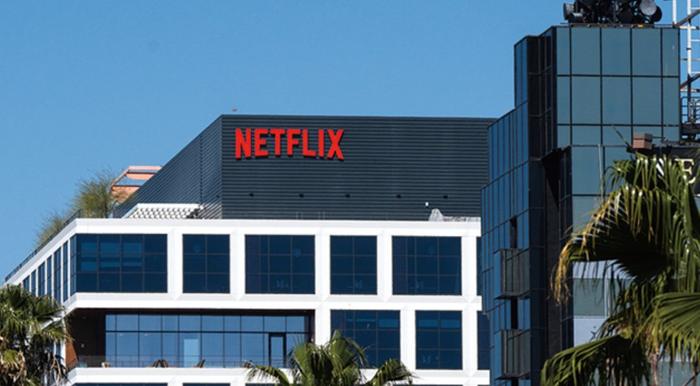A team led by Michael Hartnett, a strategist at Bank of America, pointed out in their latest report that the robust performance of the US economy and stubborn inflation have reignited concerns in the market about “higher and longer” interest rates, leading investors to withdraw funds from the stock market.
Bank of America cited data from EPFR Global, indicating that investors withdrew $21.1 billion from equity funds over the past two weeks as of Wednesday. This marks the largest outflow from the US stock market since December 2022. On Friday alone, several US tech companies experienced a “sell-off,” with their stock prices plummeting. By the day’s close, Advanced Micro Devices (AMD) plummeted by 23%, dragging down stocks including NVIDIA (NVDA), which fell by 10%, resulting in a market value loss of over $200 billion overnight. Additionally, streaming giant Netflix (NFLX) plunged over 9%, shedding $23.9 billion in market value in a single day.
The report points out that with the resurgence of inflation, the better the US economy performs, the further the Federal Reserve’s rate-cutting cycle is pushed back. Hence, the adage “good news for the US economy becomes bad news for the stock market” is now starkly contrasting with investors’ sentiments during the first quarter when they were anticipating a “Goldilocks rally.”
In the first quarter, investors viewed positive economic data as a boon for corporate earnings. Although this lowered expectations for Fed rate cuts, some degree of monetary easing policies was still considered almost certain. However, as economic data continues to display resilience, rate cuts are being further postponed, with some policymakers even suggesting that further rate hikes are not out of the question.
After a strong performance in the first quarter, US stocks experienced a downturn in April. Facing inflation and a hot job market, rate-cut expectations have dwindled from nearly 7 cuts at the beginning of the year to less than 2 cuts, with escalated Middle East conflicts also affecting risk appetite. Some analysts point out that the market is concerned that geopolitical tensions could lead to rising energy prices and continued inflation, further delaying the Fed’s dovish stance. Michael Hartnett, the strategist at Bank of America, stated that as the market interprets sustained strong US data as negative, risk assets are undergoing an adjustment in the second quarter.
Hartnett noted that bulls consider this pullback “healthy,” while bears are growing increasingly wary of US growth stocks as they strive to break new highs. Meanwhile, high-yield bonds are also showing ominous signs. US stocks may transition into a “bad news is bad news” state.